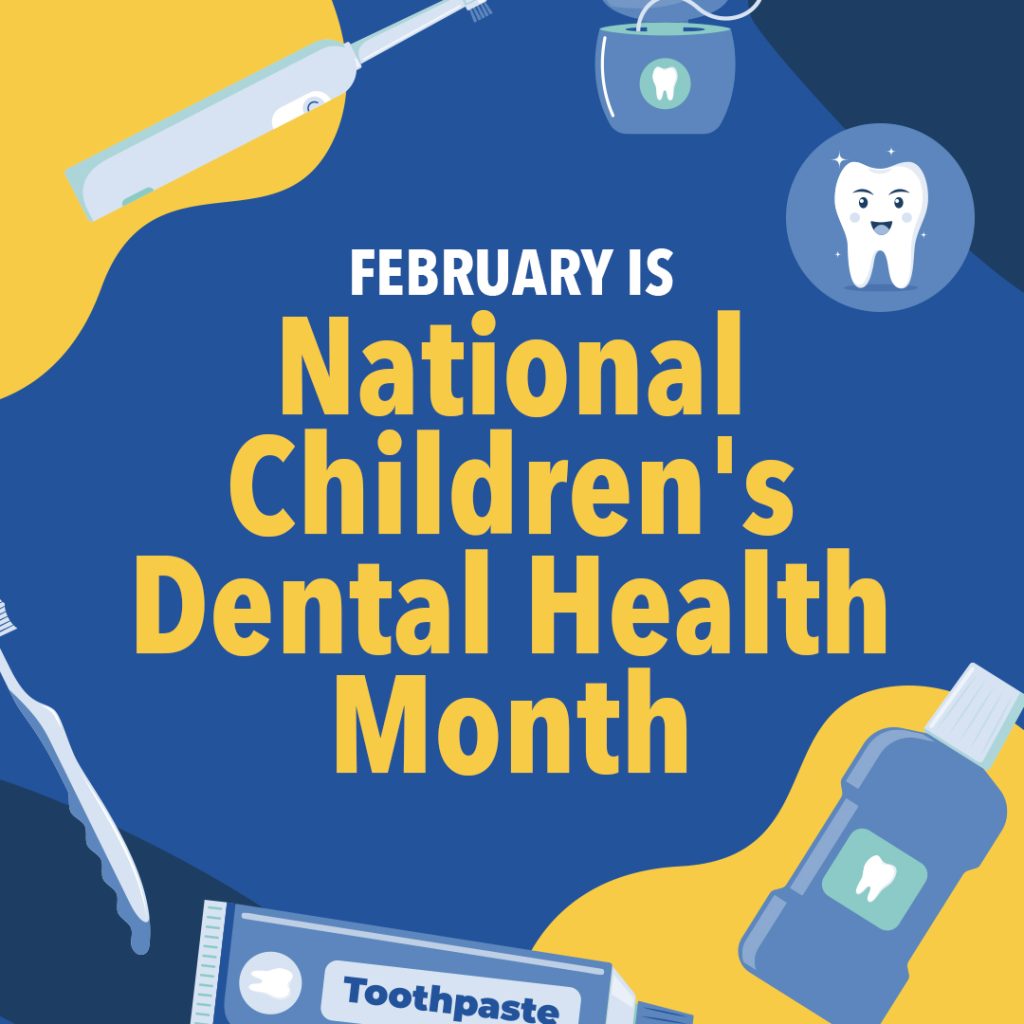
Getting your child to brush their teeth well and regularly can be a challenge for any parent. For children with FOP, it can be especially difficult to maintain oral hygiene but it’s critical to managing their increased vulnerability to oral diseases. Preventing cavities and other oral health issues is key to preventing FOP flare-ups in the jaw which can limit jaw mobility and make everyday preventive care a challenge.
In an IFOPA webinar on oral health, FOP dental expert Dr. Clive Friedman explained the relationship between oral health, gut health, the immune system, breathing, communication, self-esteem and quality of life. He also shared age-appropriate recommendations for oral hygiene.
As National Children’s Dental Health Month, February is the perfect time to assess your child’s oral hygiene and implement new routines. Read Clive’s advice below and find more FOP-specific resources for managing your child’s oral health.
How Oral Health Impacts the Entire Body
A healthy mouth is critical to a healthy body. While a few missed brushing or flossing sessions might seem harmless, the build-up of harmful bacteria on teeth can lead to more serious health conditions. For individuals living with FOP, it’s especially important to understand the relationship between oral health and the rest of the body.
Oral disease that is chronic and left untreated may weaken the immune system over time, leaving the body vulnerable to other illnesses. Inflammation in the mouth can also lead to systemic inflammation. Here’s how oral health can impact other systems of the body.
Breathing and Respiratory System: From the posture of the head and neck affecting breathing to swallowing patterns increasing risk of inflammation, oral health and the respiratory system are closely linked.
Cardiovascular System: Poor dental health can increase the risk of a bacterial infection in the bloodstream. Additionally, some research suggests that oral bacteria might be linked with heart disease, clogged arteries and stroke.
Communication: Oral health directly affects your ability to speak and endurance levels in speaking for longer periods of time. Poor oral health can also cause painful ulcers, limiting your desire to speak.
Self-Esteem and Quality of Life: Poor oral health can also impact emotional health, negatively affecting self-esteem and interfering with activities you enjoy. Ankylosis of the jaw impacts the desire and enjoyment of foods, influencing whether you want to attend social events involving food.
Age-Specific Oral Hygiene Recommendations
We have more than 700 bacteria in our mouth. These bacteria collect to form a biofilm, which is necessary for our oral health but can also become a breeding ground for disease if left untreated. Toothpaste disrupts this biofilm, keeping bacteria from growing and sticking to teeth. While brushing teeth with toothpaste is essential for cleaning the outside of our teeth, floss is crucial to cleaning between teeth.
Consistent oral hygiene is critical at every age and each stage of life requires different tools and recommended practices. Clive suggests implementing the following routines, but advises consulting your dental professional for personalized medical advice.
Infants to 3 Years of Age
- Visit a dentist by one year at the latest
- Clean gums with wet gauze after each breast or bottle-feeding
- Brush teeth without toothpaste or use a grain-sized amount of non-fluoride toothpaste without sweeteners. Fluoride toothpaste is only needed if you live where water is not fluoridated or if recommended by a dentist.
- Brush teeth for two minutes at least twice per day and floss daily
- Minimize soft, sugary foods like yogurt which may contain excess sugar
- Fluoride varnish is suggested twice per year for children at high risk for oral disease
3 to 5 Years of Age
- Visit the dentist every three months, if possible
- If your child can spit toothpaste without swallowing, start using a pea-sized amount of fluoride toothpaste (stick with a grain-sized amount if they’re swallowing)
- Keep helping your child brush their teeth for two minutes at least twice a day and floss daily
- Maintain a healthy, low-sugar diet with crunchy snacks to strengthen gums
- Fluoride varnish is suggested twice per year for children at high risk for oral disease
Over 5 Years of Age
- Continue general guidelines of brushing for two minutes, at least twice per day, and flossing daily. Most children need help to floss effectively until 10 or 11 years of age. If using floss aids, keep them clean after use on each tooth to avoid mouth contamination.
- If your child is at risk for oral disease, a dental professional may recommend a high-dose fluoride toothpaste or rinse.
- Continue to provide a diet low in sugar, choosing crunchy, healthy snacks to strengthen gums. Additionally, choose products containing xylitol (such as xylitol mints or gum) which is a healthier, natural sugar substitute made from birch trees that can help prevent tooth decay.
- Monitor nasal or mouth breathing, snoring and teeth grinding. These put your child at increased risk for oral disease and require a visit to a dental specialist.
- Care should be taken when opening your child’s mouth to prevent overstretching of the jaw muscles which could trigger FOP flare-ups. Visit the dentist every three months if possible.
- Saliva testing is highly recommended for patients with FOP. If a patient has inadequate saliva flow, habitual rinsing with water after eating is helpful. Saliva substitutes may also be helpful, such as MI Paste, gum containing xylitol and/or rinses.
Adults with Ankylosis of the Jaw
- Visit a dental professional every three months, if possible
- Continue brushing the cheek side surfaces of the teeth that you can reach
- Use a pea-sized amount of standard fluoride toothpaste (1000 ppm). If you are at risk for oral disease, a dental professional may recommend high-dose fluoride toothpaste (5000 ppm).
- Brush two minutes twice per day and floss daily. Floss aids will be necessary to dislodge food from between teeth and help clean hard-to-reach areas.
- Fluoride rinses are necessary to clean the tongue and tongue-side of the teeth when the jaw is closed. Your dental professional may recommend a high-dose fluoride rinse if you are at risk for oral disease or are developing cavities and/or lesions.




